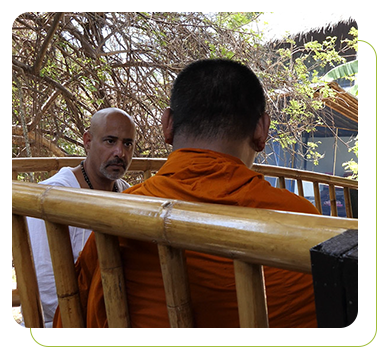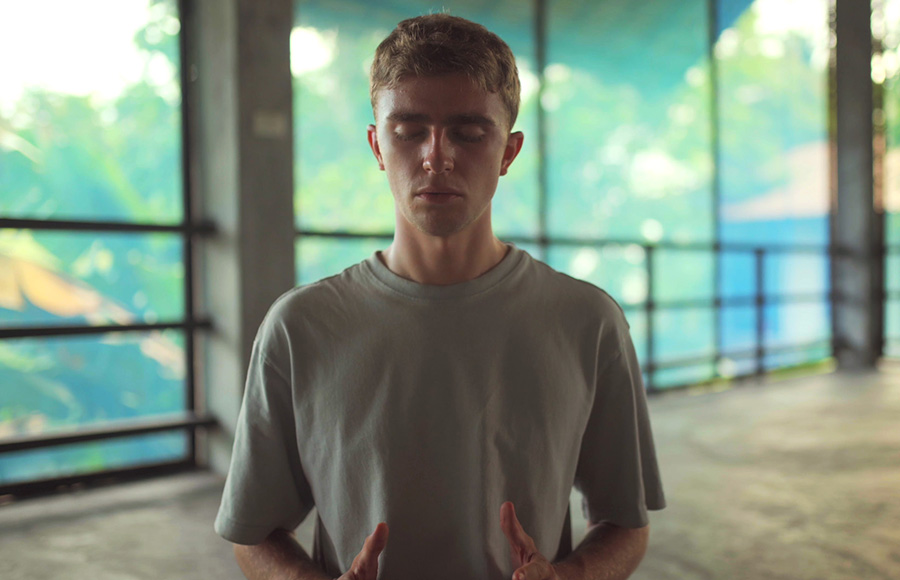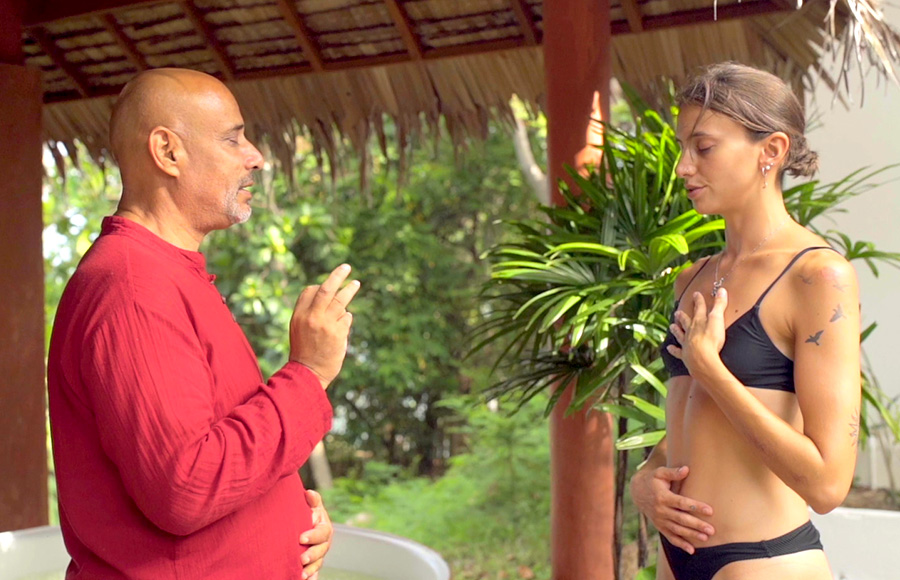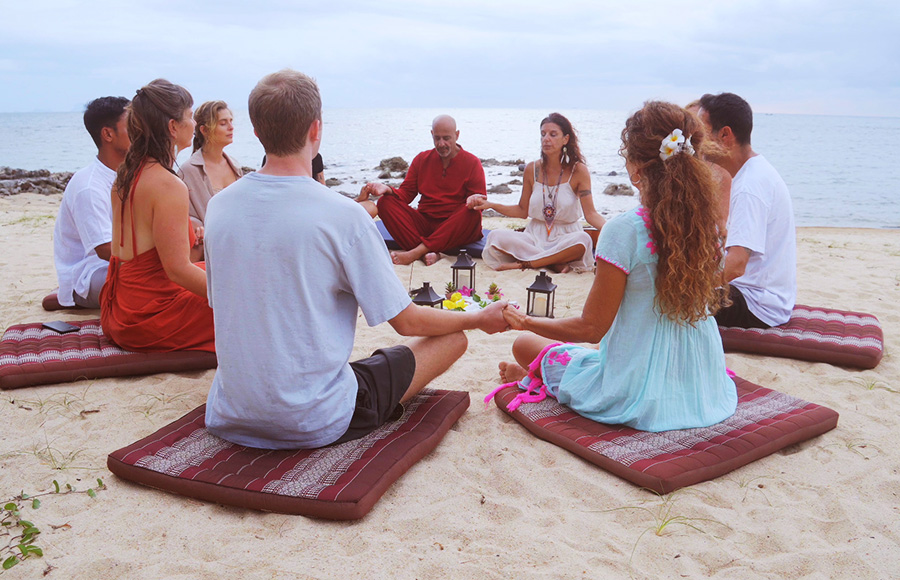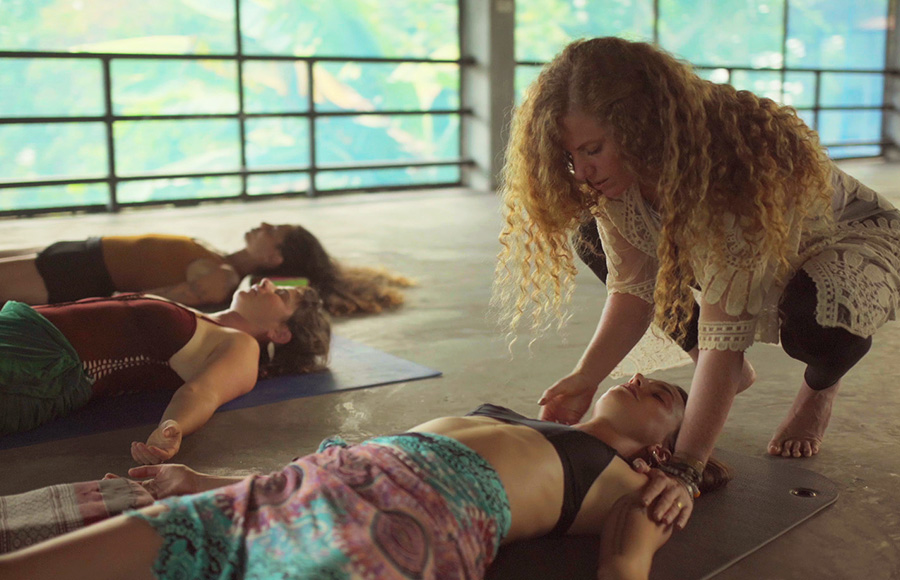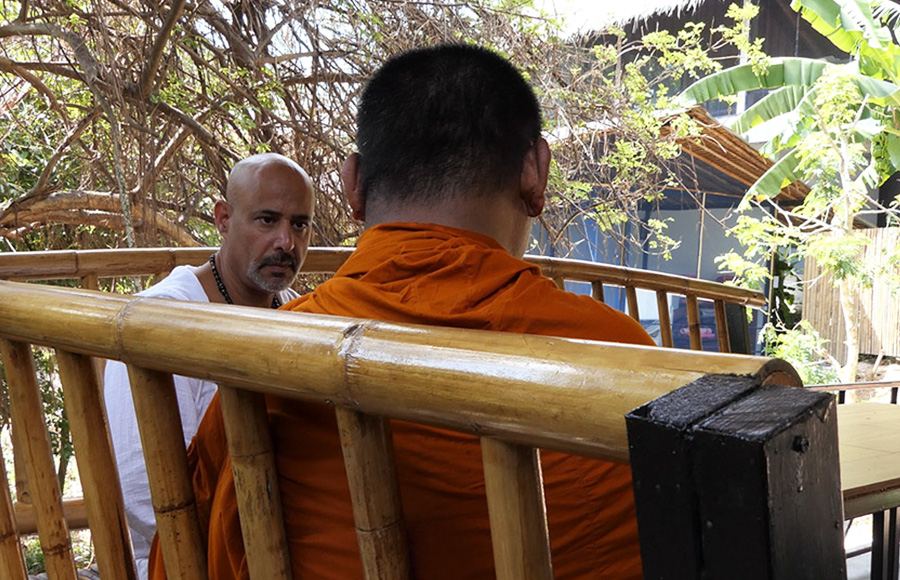Person-Centered Addiction Recovery: Valuing Neurodiverse Differences in Rehab
05 min read

Why Person-Centered Care Matters in Rehab
Addiction recovery is not about forcing people into rigid programs — it’s about recognizing each individual’s unique strengths, challenges, and needs. For neurodivergent clients, including those with autism, ADHD, dyslexia, or sensory processing differences, a person-centered rehab model is essential.
At Holina Rehab Thailand, we embrace the philosophy that recovery should adapt to the client, not the other way around. By honoring neurodiverse differences, we create a compassionate and effective path to healing.
What Is Person-Centered Addiction Recovery?
The person-centered approach focuses on:
Individualized care: Programs are tailored to each client’s needs.
Respect for differences: Neurodivergence is valued as diversity, not deficit.
Collaborative healing: Clients are active participants in shaping their recovery.
Empowerment and choice: Clients are given flexibility and control over their journey.
This stands in contrast to standardized rehab programs that expect all clients to respond the same way.

Why Neurodivergent Clients Need Person-Centered Rehab
1. Every Brain Processes Differently
Autistic clients may need quieter environments, while ADHD clients may benefit from structured movement breaks. A one-size-fits-all approach overlooks these needs.
2. Avoiding Misdiagnosis and Retraumatization
Without person-centered care, neurodivergent traits can be misread as “behavioral problems,” leading to frustration and disengagement.
3. Building Trust and Belonging
When clients feel understood and respected, they are more likely to engage fully in therapy and stay committed to recovery.

How Holina Applies Person-Centered Recovery
1. Tailored Treatment Plans
Every client begins with a comprehensive assessment. From there, programs are adapted to their pace, communication style, and emotional needs.
2. Flexible Therapy Options
Clients can choose between one-on-one sessions, group therapy, holistic practices, or creative outlets — whichever feels most comfortable.
3. Trauma-Informed Care
We integrate EMDR, psychotherapy, and somatic therapies with sensitivity to individual trauma histories.
4. Holistic and Inclusive Therapies
Yoga and mindfulness adapted to sensory profiles.
Water-based therapies for emotional regulation.
Art, sound, and movement therapy for non-verbal expression.
5. Empowering Clients Through Choice
From room selection to therapy pacing, Holina gives clients autonomy, reducing stress and building self-confidence.
The Benefits of a Person-Centered Approach
Higher completion rates: Clients are more likely to stay engaged.
Reduced relapse risk: Programs address root causes, not just symptoms.
Inclusive healing: Neurodivergent differences are valued, not pathologized.
Lasting transformation: Clients leave empowered to continue their journey.
FAQs About Person-Centered Addiction Recovery
Q1: What does person-centered rehab mean?
It means tailoring treatment to each individual’s unique needs, rather than enforcing a rigid program.
Q2: Why is this important for neurodivergent clients?
Because autism, ADHD, and other differences require flexible approaches that standard rehabs often lack.
Q3: How does Holina personalize care?
Through assessments, flexible therapy options, and staff trained in neurodiversity awareness.
Q4: Is person-centered care more effective?
Yes. Research shows it improves engagement, outcomes, and long-term recovery success.
Q5: Does person-centered rehab work for everyone?
Yes. While especially beneficial for neurodivergent clients, this approach supports all individuals.
Conclusion: Valuing Differences, Empowering Recovery
Recovery is not about conformity — it’s about empowerment. At Holina Rehab Thailand, our person-centered approach ensures that neurodivergent clients feel seen, respected, and supported. By valuing differences and creating flexible, trauma-informed care, we open the door to lasting healing.
📞 Ready to Begin?
Contact Holina Rehab today to start your healing journey:
Phone: +66 (0) 626 418 369
Email: info@holinarehab.com
Website: www.holinarehab.com
About Me
Ian Young
Ian Young is the Global Manager at Holina Care Centres in Koh Phangan, Thailand. Ian oversees the rehabilitation programs that blend the 12 Step model, Psychology, Counselling, Coaching, Somatic and many other therapeutic engagements, alongside various evidence-based therapies with holistic healing practices. Holina Rehab treats addictions, trauma, anxiety, depression, and other emotional challenges, offering comprehensive care in a serene resort environment. Ian, a charismatic speaker and author of “It’s Not About Me” leveraging his own recovery journey from addiction to inspire and guide others toward a fulfilling, addiction-free life.
Recent Blogs
-
27 Dec, 2025
What Is Somatic Therapy and How Does It Heal Trauma?

















